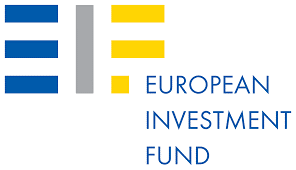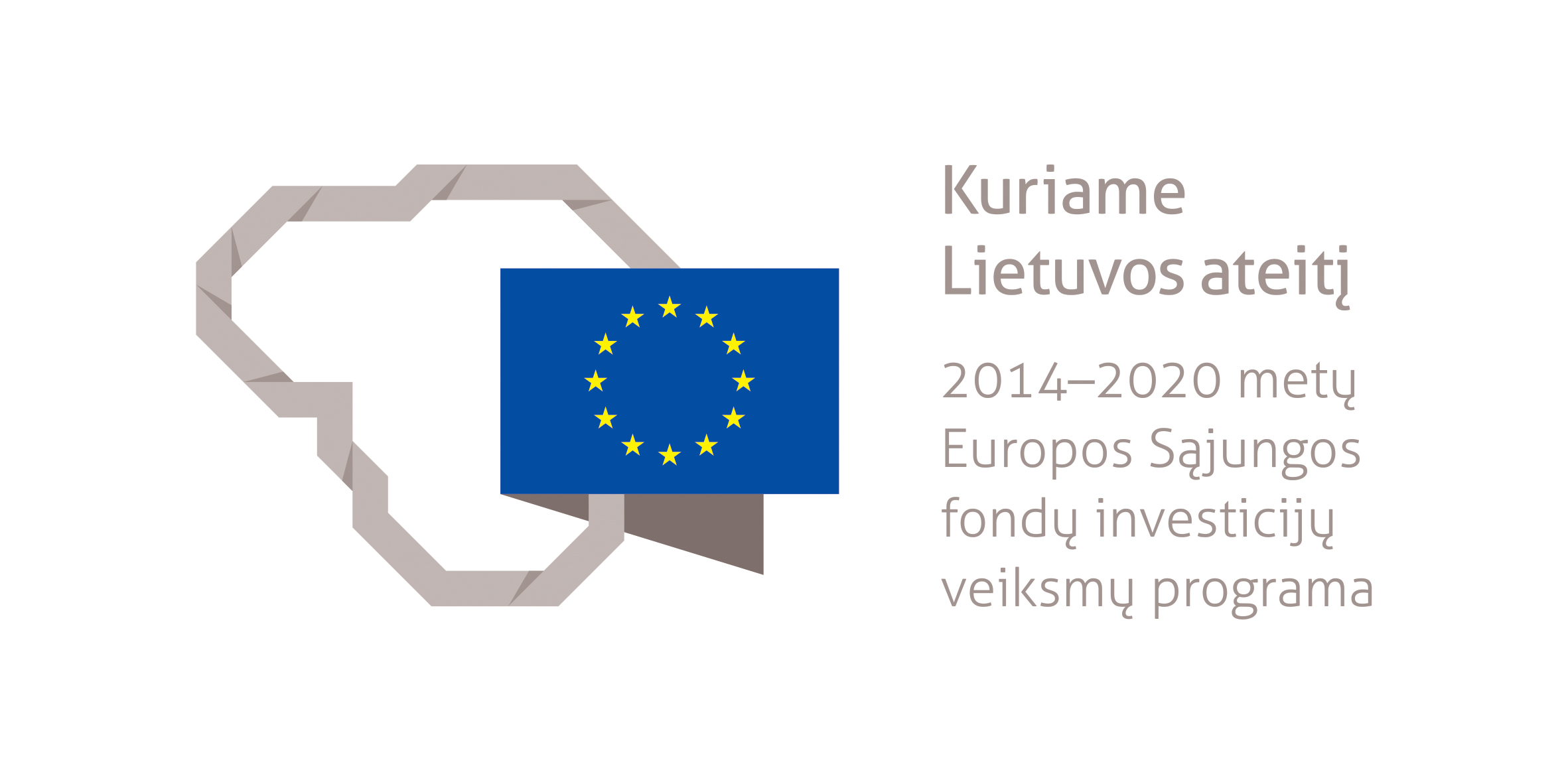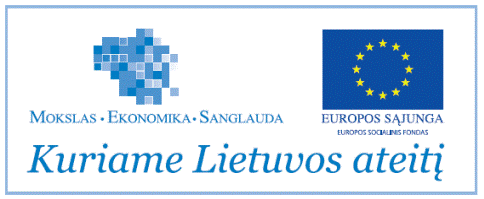







After receiving investment proposal, the Fund manager will check if it satisfies the main investment criteria (see Investment criteria). When the proposal satisfies the main criteria, the Fund manager will initiate meeting with the founders of the company and will discuss in detail its business plan.
When business plan meets Fund’s return on investment criteria and management team is strong enough to implement business plan, then:
The Fund manager and shareholders establish Board, consisting of Business Angel, representatives of the Fund manager and shareholders. The Board and management of the company meet on regular basis to discuss the results of business plan implementation. Partners take decisions about business expansion strategy, its changes and implementation tactics.
Investment targets are all the production and service companies with some exceptions (see „Exceptions“).
The priority will be set on the companies that operate in Lithuania and focus their activities to export markets.
Priority sectors are:
The Fund will invest into companies the value of which can be significantly increased by:
The Fund will not invest into the companies that are in:
The Fund would also not invest in companies that are in serious financial difficulties, and companies whose activities are polluting the environment, which is detrimental to health and safety.